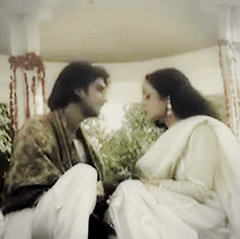#umrao jaan ada
Text
school work :D wanted to draw a dramatic lollywood heroine in the style of 60s/70s shoujo manga
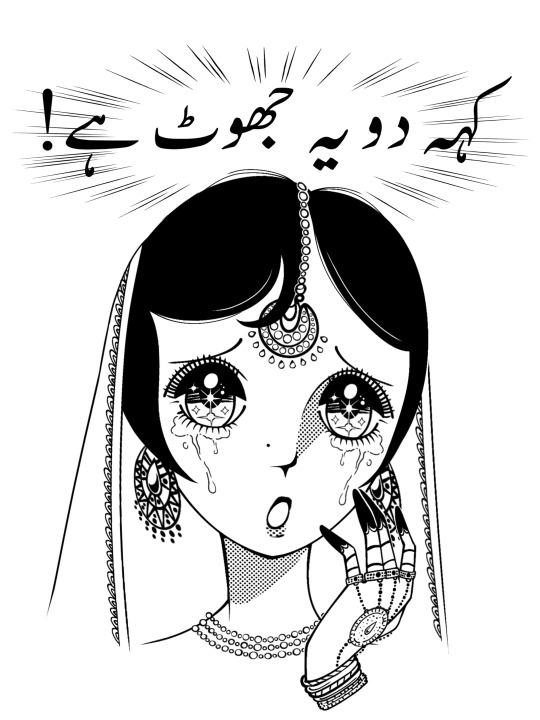
#rae doodles#this is gonna be on a t-shirt ^^#i referenced the works of macoto takahashi and riyoko ikeda#mainly macoto#and for the general design I referenced the posters for the film umrao jaan ada#text translates to 'say it aint so!' (more direct would be 'tell me its a lie!')
90 notes
·
View notes
Text
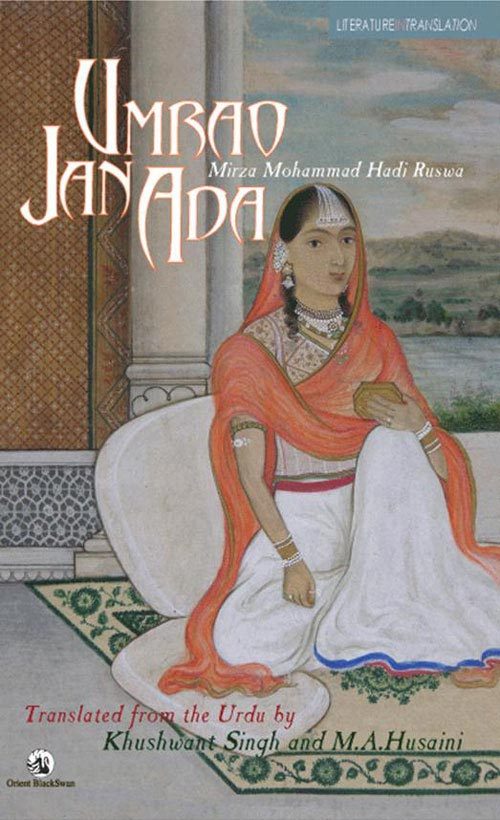
Umrao Jaan Ada: The Courtesan from Lucknow.
An Indian Classic Novel About Exploitation and Double Standards.
Considered by many to be the first Urdu novel, "Umrao Jaan Ada" was published in 1899. This novel narrates the life story of a courtesan and poet from 19th century Lucknow. It was penned by Mirza Hadi Ruswa, an Urdu language poet and writer known for his works in fiction and treatises, particularly on topics like religion, philosophy, and astronomy. Ruswa was a polyglot, proficient in several languages, including Urdu, Greek, and English.
Ruswa was born in Lucknow around the time of the 1857 'Indian Mutiny,' which marked a significant turning point not only in the lives of Princely States like Awadh (also known as Avadh or Oudh) but also in the history of India as a whole. According to the novel, Umrao Jaan's story was recounted by her to the author during a poetry gathering in Lucknow. However, the actual existence of Umrao Jaan is a subject of dispute among scholars. There are few mentions of her outside Ruswa's novel, although there are records of the existence of an Uttar Pradesh dacoit named Fazal Ali. British documents also mention a courtesan named Azizan Bai, who claimed to have been taught by Umrao Jaan.
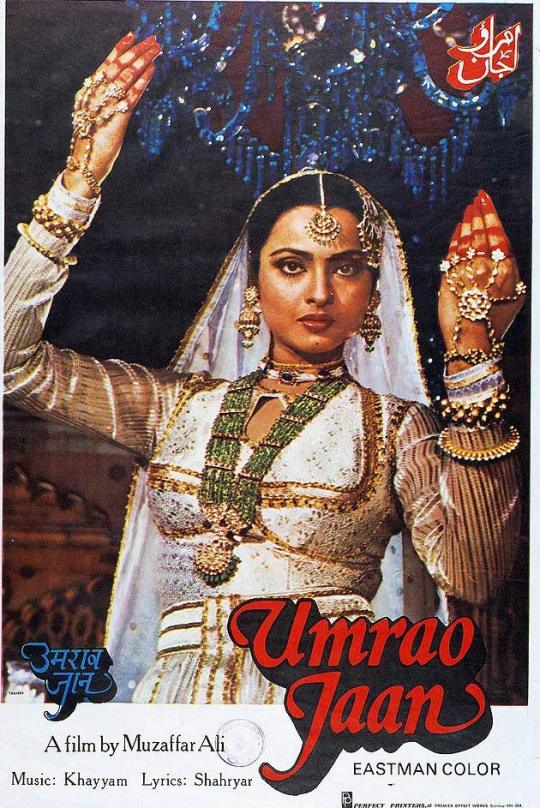
Rekha as Umra Jaan Ada in the 1981 adaptation of the novel.
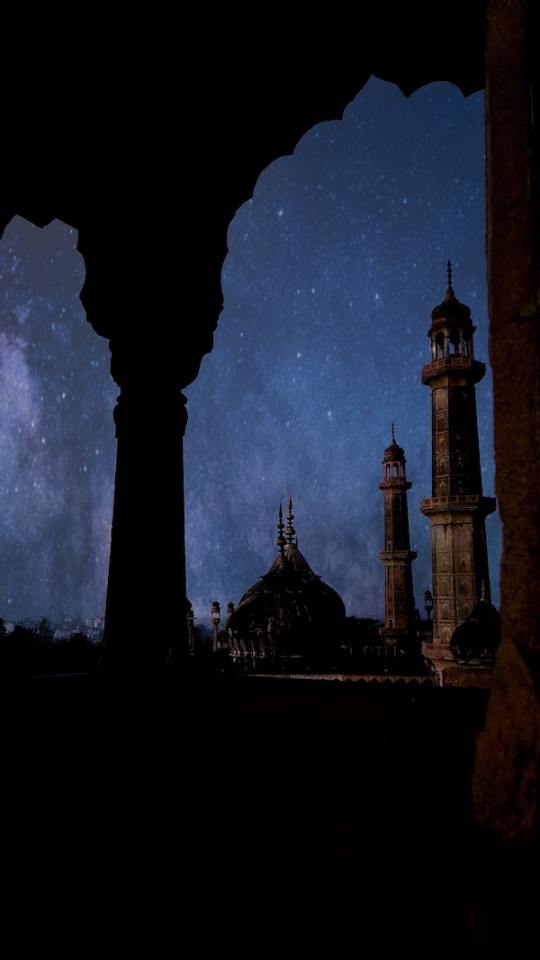
The dark secrets of mid 19th Century Lucknow.
Umrao Jaan Ada provides an intricate portrayal of mid-19th century Lucknow, depicting both its decadent and morally hypocritical society. Some argue that it serves as a metaphor for India itself—a nation that had long attracted numerous suitors, many of whom were only seeking to exploit her.
#Literature#Made in India#urdu literature#Indian literature#Umrao jan ada#urudu classic#classic literature#lucknow
2 notes
·
View notes
Text
RekhtaBooks Trending: Buy Riwayati Rangon Mein for Literary pleasure!
Discover a treasure trove of literary gems at RekhtaBooks, where a diverse array of books awaits you in Urdu, Hindi, and English. Immerse yourself in the world of renowned poets, authors, and captivating titles across various genres:
Urdu Poetry:
"Diwan-e-Ghalib" by Mirza Ghalib
"Kulliyat-e-Iqbal" by Allama Iqbal
"Kulliyat-e-Momin" by Momin Khan Momin
Urdu Prose:
"Umrao Jaan Ada" by Mirza Hadi Ruswa
"Manto Ki Behtareen Kahaniyan" by Saadat Hasan Manto
"Majmua-e-Afsanay" by Ismat Chughtai
Urdu Novels:
"Aag ka Darya" by Qurratulain Hyder
"Do Gaz Zameen" by Abdus Samad
"Basti" by Intizar Hussain
History and Culture:
"Tareekh-e-Hind" by Allama Muhammad Iqbal
"India After Gandhi" by Ramachandra Guha
"Discovery of India" by Jawaharlal Nehru
Biographies:
"Jinnah: Creator of Pakistan" by Hector Bolitho
"My Experiments with Truth" by Mahatma Gandhi
"Wings of Fire" by A.P.J. Abdul Kalam
English Literature:
"Pride and Prejudice" by Jane Austen
"1984" by George Orwell
"To Kill a Mockingbird" by Harper Lee
This is just a glimpse of the rich literary tapestry awaiting you at RekhtaBooks. Explore the platform to delve into a world of literature that aligns with your specific interests. From timeless classics to contemporary masterpieces, RekhtaBooks is your gateway to a literary journey like no other. Pls visit us: https://rekhtabooks.com/
#Buy books online#Trending literature#Riwayati Rangon Mein#Urdu poetry collection#Bestsellers in Urdu#Online bookshop#Explore literature.
1 note
·
View note
Text
Novels in Urdu: A Journey Through the Rich Literary Landscape
Urdu, a language that resonates with the poetry of love and the rhythm of ghazals, has also been the cradle of a vibrant tradition of novels. The world of Urdu novels is a treasure trove of literary gems that spans decades and transcends borders. From classical masterpieces to contemporary narratives, Urdu Novels in Urdu have evolved, reflecting the socio-cultural fabric of the subcontinent.
Historical Roots:
The roots of Urdu novels can be traced back to the 19th century, a period when the language was undergoing a literary renaissance. Novels in Urdu emerged as a distinct genre, influenced by Persian and Arabic storytelling traditions. Mirza Hadi Ruswa's "Umrao Jaan Ada" (1899) is considered one of the earliest Urdu novels, setting the stage for a new form of storytelling.
Classical Masterpieces:
The classical era of Urdu novels witnessed the rise of legendary writers like Premchand, Ismat Chughtai, and Saadat Hasan Manto. Munshi Premchand, often hailed as the father of Urdu fiction, penned timeless classics like "Godan" and "Bazaar-e-Husn," exploring the intricacies of rural life and societal issues. Ismat Chughtai's bold and progressive narratives, as seen in "Aag ka Darya," challenged societal norms, while Saadat Hasan Manto's short stories delved into the human psyche with unparalleled depth.
Social Realism and Progressive Movement:
The mid-20th century marked the emergence of the Progressive Writers' Movement, a literary movement that aimed to address societal issues through literature. Writers like Qurratulain Hyder and Abdullah Hussain became prominent figures, contributing novels that mirrored the changing socio-political landscape. Hyder's magnum opus, (River of Fire), is celebrated for its intricate narrative and exploration of historical events.
Contemporary Voices:
The late 20th century and the 21st century ushered in a new wave of Urdu novelists who continued to push boundaries and experiment with storytelling techniques. Writers like Bano Qudsia, Intizar Hussain, and Kamila Shamsie gained international acclaim for their works. Qudsia's "Raja Gidh" (The Vulture) is a psychological thriller that delves into the human mind, while Kamila Shamsie's "Burnt Shadows" explores the impact of historical events on individuals.
Regional Variations:
Urdu novels reflect the diversity of the regions they originate from, capturing the essence of local cultures and traditions. Novels from Pakistan, India, and other parts of the Urdu-speaking world provide a kaleidoscopic view of the subcontinent. The literary landscape is enriched by the works of Pakistani novelists like Mohsin Hamid and Uzma Aslam Khan, who offer contemporary perspectives on global issues.
Challenges and Revival:
Despite the rich tradition of Urdu novels, the language faces challenges in the modern era. The decline of Urdu as a medium of instruction and the dominance of other languages in the digital space have posed threats to its literary heritage. However, there is a growing movement to revive and promote Urdu literature, with initiatives to translate novels into other languages and adapt them for the screen.
For More Info:-
O Level Past Papers Biology
Past Papers a Level Chemistry
1 note
·
View note
Text
Meena Kumari in “Chalte chalte yunhi koi” (“Pakeezah”, 1972)
youtube
Meena Kumari (1933-1972), one of the greatest Indian actresses of the last century, in an iconic scene and song from the classic Indian movie Pakeezah (The Pure One-1972, written, directed, and produced by Kamal Amrohi).
Meena Kumari plays in this movie Sahibjaan, a tawaif. The tawaifs were courtesans who catered to the nobility of the Indian Subcontinent in the Mughal and post-Mughal eras and were trained in music, danse, theater, and Urdu literature. An orphan, Sahibjaan lives since her childhood in a kotha (brothel), but she wants to escape from her fate.
According to the website of the University of Iowa ( https://indiancinema.sites.uiowa.edu/pakeezah ):
““I’ve seen your feet; they’re very lovely. Don’t set them down on the earth—they’ll get soiled.” This metaphorical warning-note, penned by a romantic stranger and left between the toes of a sleeping woman in a railway compartment, forms a much-underscored motif in this classic courtesan film—the final collaboration between the great actress and dancer Meena Kumari and her former husband, actor and director Kamal Amrohi. Like MOTHER INDIA, this film coexists with its own legend involving the offscreen lives of the director and star, who planned it together in the late 1950s but whose marriage broke up around the time that filming began in 1964. Kumari (who was also a talented Urdu poet under the pen name Naaz) then purportedly became an alcoholic, but eventually came back to complete the film shortly before her premature death in 1972; aficionados may try their luck at identifying—from Kumari’s pained and sometimes mask-like face—which scenes were shot when.
The central theme of the film is the struggle for respectability of a tawai’if, an Indo-Islamic courtesan trained in poetry, music, and dance—a glamorous “public woman” whose career was to be an elegant companion (and potential lover) to affluent men, but for whom a “respectable” marriage and home was out of the question. Her beautiful feet—apart from being an erotic fetish—represent her mastery of the art of North Indian classical dance or Kathak, which tawai’if’s preserved and nurtured for several centuries. The “earth” that such feet must perforce touch, however, is ruled by patriarchal society with its crippling double-standards, which decreed that respectable women (who lived in parda or seclusion) could seldom be interesting to men, and that interesting women were seldom respectable. All courtesan fiction struggles with this divide, which forms a principal theme of one of the earliest and most famous Urdu novels, Mirza Mohammed Hadi Ruswa’s UMRAO JAN ADA (1905; itself later filmed several times; see notes on UMRAO JAAN). PAKEEZAH offers another variation on the theme.”
See also about Pakeezah the paper of Richard Allen and Ira Brashkar Pakeezah: Dreamscape of Desire, on https://www.academia.edu/36264030/Pakeezah_Dreamscape_of_Desire
In the iconic scene of this video Sahibjaan/Meena Kumari sings and dances for the “villain” of the movie, an aristocrat (Nawab) named Zafar Ali Khan (played by Kamal Kapoor), who wishes to own her. The ambiguities and dynamics of the situation and of the relationship between the two are depicted in excellent way in this scene, which takes place at the Gulabi Mahal (Pink Palace) of Luchnow. According to the paper of Allen and Brashkar:
“The Gulabi Mahal (the Pink Palace) at Lucknow evokes a more rarified atmosphere. In Amrohi’s imagination, the space of the kotha is here fused with the idea of a Greek temple where the central colonnaded performance space doubles as a space of worship to the divine feminine, and discrete spaces are orchestrated in a theatrical hierarchy from the outer court with its fountains at the entrance to the inner sanctum sanctorum, which houses the bedroom of the courtesan, essentially off limits to all but the chosen client, and separated from the main performance space by a lighted causeway between reflecting pools of water.The Pink Palace is a sublime temple of femininity, whose fountains, atriums, reflecting pools form a microcosm of artifice that rivals that of the natural world. Indeed, even the moon appears artful in this landscape and the saturated deep blue sky, a studied backcloth to the whole.”
But, as the same article continues a bit further, the Pink Palace is also a prison for Sahibjaan:
“Meanwhile, for Sahibjaan whose desire for self-fulfillment has been awakened, the Pink Palace becomes a prison. In a metaphor that recurs in the film, and echoes throughout the genre, she is likened to a bird in a gilded cage from which she yearns to escape...
...The quality and texture of her performances for him [the Nawab] are now markedly different from her earlier ones. Gone is the vivacity and vibrancy of an Inhin logon ne or a Thade rahiyo as she mournfully sings the haunting Chalte Chalte, which articulates her desire for freedom and happiness.Yet it also returns us to the pathos of her entrapment in a manner that evokes the equation of the courtesan and the flickering flame that opens the film. At the conclusion of the performance, as she sings Yeh chiraag bujh rahein hain / Mere saath jalte jalte (These lamps are fading / As they burn with me), she hears the screech of a train whistle. It is impossible initially to discern whether it is somewhere physically off-screen or within her mind.The camera cranes upward from the floor to the red chandelier, recalling the red aalta of her feet.The lights darken as the escalating screech of the train whistle resounds through the performance space, taking over the song and abruptly bringing the dance to an end. When the camera cranes down again, the dancers have disappeared from the floor.The camera then tracks forward towards the fountains that abruptly stop playing as the whistling ends. It is as if the space in which she dwells, her erstwhile tomb, is now cut to the measure of her desire. She rushes to the balcony to see the train she has seen before, but this time it is motionless, silhouetted against the sky, almost as if waiting for her to come to her balcony before it can leave.Though real, the train appears as if in a vision, so detached is the spectacle from the space she inhabits.What is finally required for Sahibjaan to escape her sealed world is a transformation of environment and character of a magnitude that challenges the tone in which the film has hitherto been cast.”
The lyrics of Chalte chalte yuhni koi were written by the Urdu poet Kaifi Azmi (1919-2002) and its music was composed years before the release of Pakeezah by Ghulam Mohammed (1903-1968). Although Meena Kumari was also a singer, the voice in the song is of the great Indian singer Lata Mangeshkar (1929-2022).
Unfortunately I couldn’t do anything with the advertisements at the end of the video.
I have found on the net the following transliteration and translation of the lyrics of Chalte chalte yuhni koi:
Chalte chalte, chalte chalte While walking, while walking
Yun hi koi mil gaya tha I met someone by chance
Yun hi koi mil gaya tha I met someone by chance
Sare raah chalte chalte Walking around the path
Sare raah chalte chalte Walking around the path
Wahin thamke reh gayi hai Right there it stood still
Wahin thamke reh gayi hai Right there it stood still
Meri raat dhalte dhalte This night of mine, which is fading away
Meri raat dhalte dhalte This night of mine, which is fading away
Joh kahi gayi na mujhse What I was unable to say
Joh kahi gayi na mujhse What I was unable to say
Woh zamaana keh raha hai The world is saying that
Woh zamaana keh raha hai The world is saying that
Ke fasana A story
Ke fasana ban gayi hai A story has been created
Ke fasana ban gayi hai A story has been created
Meri baat chalte chalte From those words of mine
Meri baat chalte chalte From those words of mine
Yun hi koi mil gaya tha I met someone by chance
Yun hi koi mil gaya tha I met someone by chance
Sare raah chalte chalte Walking around the path
Sare raah chalte chalte Walking around the path
Yun hi koi mil gaya tha I met someone by chance
Sare raah Around the path
Chalte chalte, chalte chalte While walking, while walking
Sare raah Around the path
Chalte chalte, chalte chalte While walking, while walking
Chalte chalte, chalte chalte While walking, while walking
Yun hi koi mil gaya tha I met someone by chance
Yun hi koi mil gaya tha I met someone by chance
Shab-e-intezaar aakhir The night of waiting
Shab-e-intezaar aakhir The night of waiting
Kabhi hogi mukhtasar bhi Will after all shorten soon
Kabhi hogi mukhtasar bhi Will after all shorten soon
Yeh chirag These lamps
Yeh chirag bujh rahe hai These lamps are dying
Yeh chirag bujh rahe hai These lamps are dying
Mere saath jalte jalte As they burn alongside me
Mere saath jalte jalte As they burn alongside me
Yeh chirag bujh rahe hai These lamps are dying
Yeh chirag bujh rahe hai These lamps are dying
Yeh chirag bujh rahe hai These lamps are dying
Yeh chirag bujh rahe hai These lamps are dying
Yeh chirag bujh rahe hai These lamps are dying
Yeh chirag bujh rahe hai These lamps are dying
Mere saath jalte jalte As they burn alongside me
Mere saath jalte jalte As they burn alongside me
Yun hi koi mil gaya tha I met someone by chance
Yun hi koi mil gaya tha I met someone by chance
Sare raah chalte chalte Walking around the path
1 note
·
View note
Text
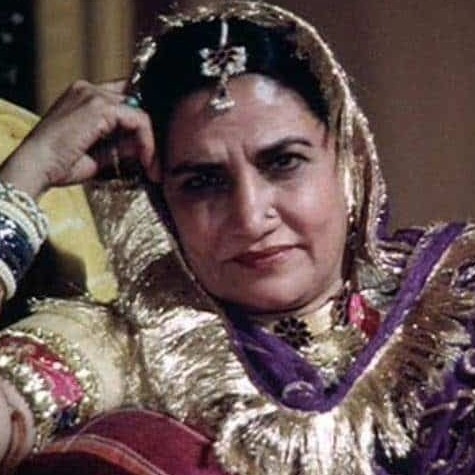

Khanum Jaan 1 and 2
40 notes
·
View notes
Text
اس شھر میں تم جیسے دیوانے ھزاروں ہیں
اس شھر میں تم جیسے دیوانے ھزاروں ہیں
( کیا امراو جان اداء ایک حقیقی کردار تھا یا مرزا ھادی رسواء کی ذہنی تخلیق )
تحقیق و تحریر :
سیدزادہ سخاوت بخاری
اردو ادب کے طالب علم کی حیثیت سے جہاں حصہ نظم میں غالب ، میر ، مومن ، آتش اور اقبال کو پڑھنے کا موقع ملا وہیں عظیم نثر نگاروں , ڈپٹی نذیر احمد اور مرزا محمد ہادی رسواء کی مشہور زمانہ نثری تخلیقات ، توبة النصوح اور امراؤ جان اداء جیسے ناول بھی پڑھنے کو ملے ۔
چونکہ رسواء کا تعلق…

View On WordPress
#asha bhosly#bollywood#Mirza Hadi Ruswa#rekha#sikh#Umrao Jaan Ada#آشا بھوسلے#اتر پردیش#اردو کا پہلا ناول#امراؤ جان ادا#ایودھیا#بالی وڈ#بھارتیہ جنتا پارٹی#راج ببر#ریکھا#سکھ#علی گڑھ#فاروق شیخ#لکھنوء#مجرا#مرزا ہادی رسوا#مسلم#یو پی
0 notes
Text
TYPES OF INDIAN GIRLS
(p.s. this is again for prompts, besties and baes plis don't get offended, also im not specifying their gender orientations as such, so if you are someone not identifying as a girl or a woman you are totally, totally them and nobody can stop you from being them,
love, alima)
the umrao jaan ada: kareeb kareeb hyderabadi, poet but would much prefer shayira, your heart skips a beat when she lets her hair fall open, dark kajal, if Pakeezah was a person, jhumkas twice the weight of her ear, "would you like to see my tattoos?" kill yourself if you don't want to fr fr, kulhad coffee™, wrist watches with black straps, probably has a nose piercing, "jaanam", can count the number of kurtas you have off of her mind, makes the best seekh kebab in town, *puts her hands on your neck*, falls asleep on your chest in rickshaw rides, goes to sleep giggling about you, will murmur nazms under her breath while playing with your hair, when you kiss her out of nowhere and she goes all flustered: "ghazab karte ho yaar!!"
the ae ri sakhi: have you seen her writing in hindi? heere moti javaraat, takes pictures of you when you're not looking, shows you her tongue after eating gota mostly it's green, tells you to tighten her paayal, brown lipsticks, "would you like to meet my younger sibling?" please say yes, black mojdi, loose white embroidered pants, will beat your ass in gilli danda, will give you forehead swats if you stare too much, "gandakdo", bites down a grin whenever you make a horrible pj, probably trained in a classical dance, *munches bhakarwadi*, kaanch ki chudiya intensifies, she doesn't tolerate spice— spice tolerates her, thinks about while seeing bichhiya in jewellery shops
the aaj jaane ki zid na karo: pahadi, has hid you from her parents, *puts a rose behind your ear*, was the og abba nahi manenge, scarlet lipstick, her nose gets cold before anything else, payal on only one foot, "arey i don't how that white kurta turned out to be half translucent ;)", if you think she doesn't notice you wearing her favourite itr everytime you meet her you're wrong, don't remind her how blushy she gets when you kiss her cheek she will slap your arm, has a year long kharash, garam garam pakode, kalamkari shawls™, sings dukhi mann mere in such a heavenly voice, keeps you like a secret love letter, will send you full length pictures of her outfits, *lays on your chest*, calls you after a terrible fight with her family, "will you run away with me, someday?" "i will."
the reshami khwaab: that one girl who's always playing the guitar? that's her, sleek long fingers, short kurta and jeans, *bends her neck*, everything silk and cotton, can't tell her socks from yours, curses a LOT, puts oil in your hair and massages softly while you're literally dying, her favourite dosai place is the best i don't make the rules, *kisses both of your knuckles*, wide pants and palazzos, good at math, "will you stop staring im literally just putting my hair in a bun!" no you're obsessed with her, will link her pinky with yours in trams, will hide her face in her hands if your compliments get a little too dirty, small jhumkas, occasionally smokes, it calms her nerves, will latch on to you and not let go after a hard day,
the pronoyini: her deep-set eyes god help you now, *chokes on prasad*, blank diaries with hand-crafted textile covers, long hair braided 24×7, short hair always adorned with a hairband, loose and airy slippers, "shonaaaaaaa", theatre kid obviously, ruffles your hair mindlessly, long gazes across the room, smells like fresh aloe vera all the time, aloo bhujia worshipper, heavy razais, *bumps shoulder jaan karke*, kisses your cheek at any occasion, somehow the corner ka confectioner knows about you two???? and free roshogollas on your birthday?? she has done some serious bribing, will show off your gifts to her to her favourite cousins, kurtis with plunge necklines, small pencils scattered everywhere on her table, her cakes are amazing, black nails, back aches constantly, be prepared to listen to jodi tor daak shune keu every moment for the rest of your life spoiler alert: it's adorable
658 notes
·
View notes
Video
youtube
Umrao jaan Ada Novel by Mirza Hadi Ruswa || امرائو جان ادا کی مکمل داستا...
0 notes
Text
So here are some desi/desi dark academia playlists. They are my baibies. Take good care of them.
The last playlist has ✨ beautiful✨ (mostly) tamil songs.
I've added some more of 'em. You can check them out in the notes(?)
@music
#spotify#desi dark academia#desi#retro#dark academia#ali sethi#bollywood#90s bollywood#dark acadamia aesthetic#south indian#vintage aesthetic#bollywood aesthetic#tamil#spotify playlist#music#dark academia music#coke studio#coke studio pakistan
316 notes
·
View notes
Text



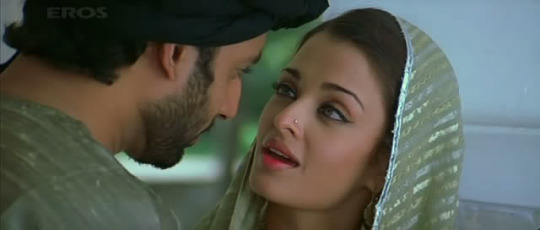
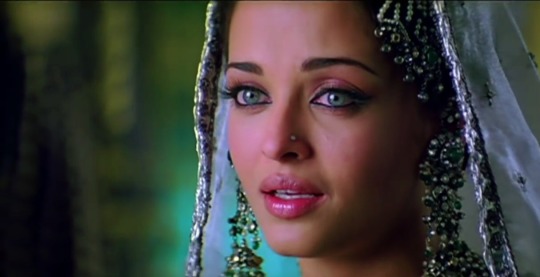
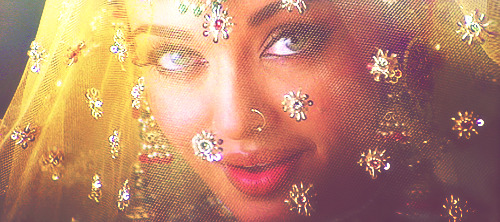

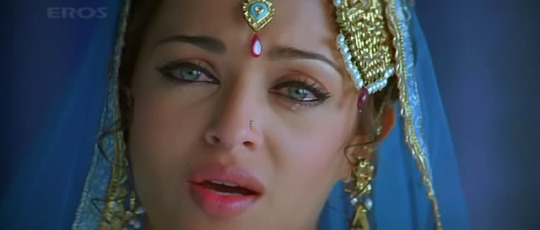
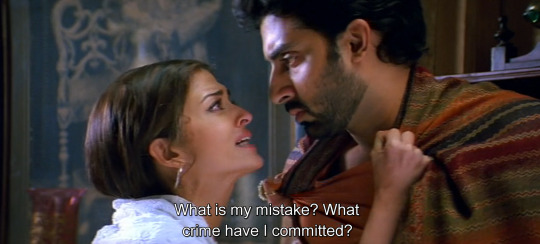
Umrao Jaan Ada (2006)
“Kis kis tarah se mujhko na rusva kiya gaya ... gairon ka naam mere lahu se likha gaya ... kyun aaj uska zikr mujhe khush na kar saka ... kyun aaj uska naam mera dil dukha gaya” (Umrao Jaan, 1981)
3 notes
·
View notes
Text
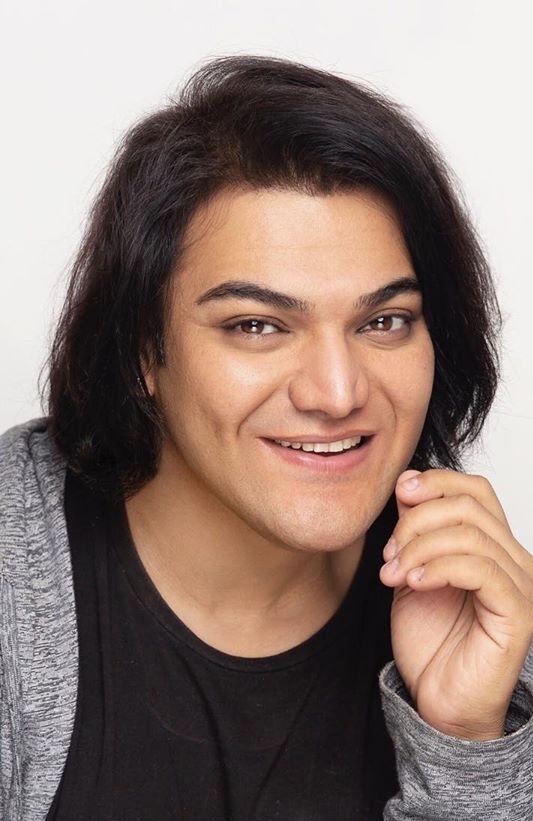

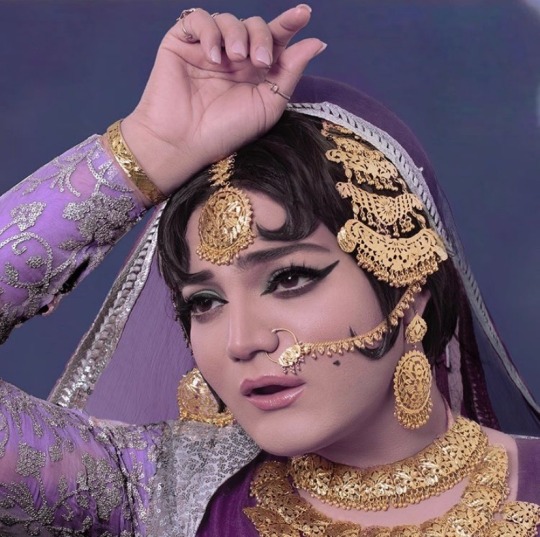
Pakistani makeup artist Shoaib Khan recreates the iconic look of legendary actress Rani from her movie Umrao Jaan Ada (1972).
4 notes
·
View notes
Text
Not Aishwarya Rai, Priyanka Chopra was JP Dutta’s first choice to play Umrao Jaan: Here’s how the casting changed
Not Aishwarya Rai, Priyanka Chopra was JP Dutta’s first choice to play Umrao Jaan: Here’s how the casting changed
When JP Dutta planned to make Umrao Jaan, based on the Urdu novel Umrao Jaan Ada, getting a lead who’d be at par with Rekha from the Muzaffar Ali classic was a huge challenge. Though today, we might consider Aishwarya as a worthy choice to fit into Rekha’s shoes, back in the day, Aishwarya wasn’t even the first choice of Dutta for the role of protagonist Amiran.
So if we tell you, that not…

View On WordPress
#15 years of umrao jaan#abhishek bachchan#aishwarya#aishwarya rai#aishwarya replaces priyanka umrao jaan#jp dutta#jp dutta films#priyanka#Priyanka Chopra#umrao jaan#umrao jaan 15 years#umrao jaan priyanka chopra#umrao jaan remake
1 note
·
View note

